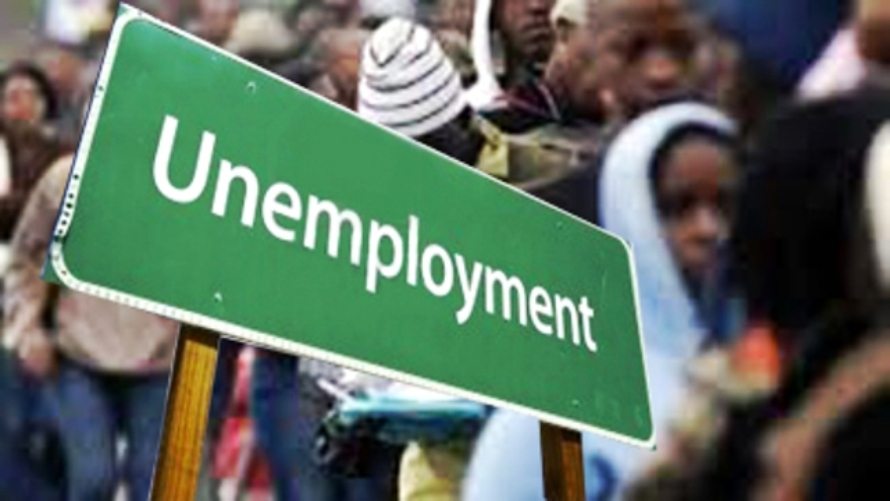South Africa’s unemployment rate struck a record high of 30.8% in the third quarter, the highest level since 2008, according to government figures released Thursday.
This is a big jump from the previous quarter when figures were distorted by lockdown restrictions that prevented people from job-hunting, the statistics agency said on Thursday.
The agency only classifies people as unemployed if they are actively looking for work, which meant the unemployment rate was artificially low at 23.3% in the April-June quarter compared to 29.1% in the third quarter of last year.
Africa’s most industrialised economy has long suffered from extremely high levels of unemployment, trapping millions in poverty and contributing to stark inequalities that persist more than two decades after the end of apartheid in 1994.
South African President Cyril Ramaphosa has put job creation at the heart of a plan to help the economy recover from the COVID-19 pandemic.
“Indeed the 30.8% is the highest we have recorded,” Statistician General Risenga Maluleke told a news conference.
The figure was the highest since the survey began in 2008.
“What has actually lifted the unemployment rate? … It’s largely the number of people who were seated (without work), and had reasons relating to COVID in the main, who came out and started to actively look for employment,” Maluleke said.
Statistics South Africa put the number of unemployed at 6.5 million people in the third quarter, compared to 4.3 million in the previous three months.
The number of employed rose by 0.5 million but that was outweighed by a 2.8 million rise in the size of the labour force.
Unemployment was at 43.1% in the third quarter according to an expanded definition that includes discouraged work-seekers.
South Africa was in recession before it recorded its first coronavirus infection in March, with one of the world’s strictest lockdowns and a global drop in demand for its exports causing an economic contraction of more than 17% in annual terms in April-June. (Reuters)

